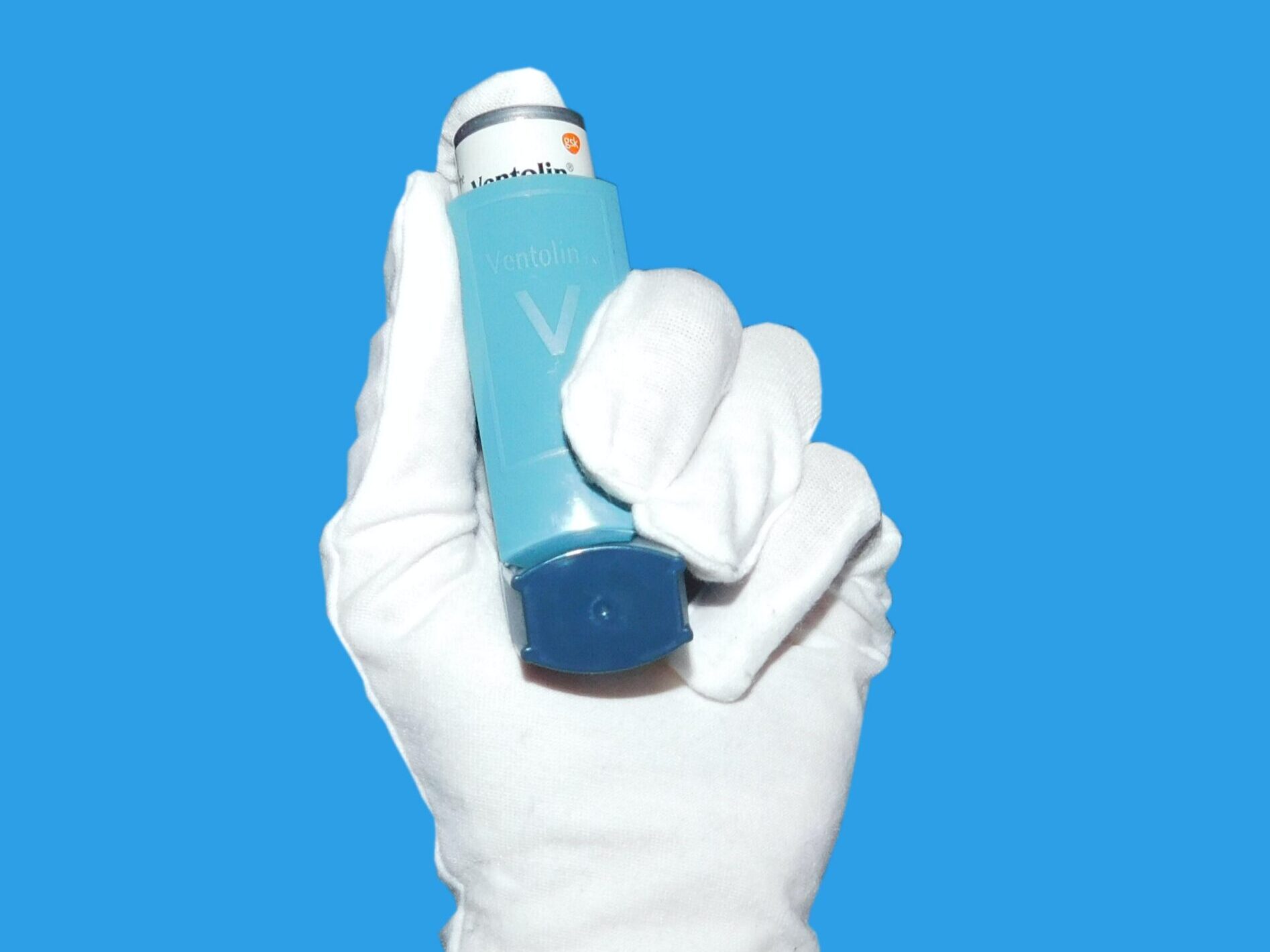12/1/2023
After months of drug prices continually rising beyond patient means, the Federal Trade Commission challenged over 100 drug and therapeutic patents earlier this month. The FTC contests that pharmaceutical companies have improperly listed these patents in the Food and Drug Administration’s Orange Book, which lists approved drug products, their associated patents, and any therapeutic equivalents. The FDA publishes the Orange Book to clarify which drug products have therapeutic equivalents or generics. This publication theoretically helps lawmakers contain drug costs by encouraging generic competition. For pharmaceutical companies, having a patent listed in the Orange Book protects them from patent infringement. If an Orange Book-listed company accuses a rival of infringement, the FDA cannot approve the rival’s drug for at least 30 months. Thus, having a patent in the Orange Book can deter generic competition, which is a fair protection if the patents are correctly listed. However, this recent FTC crackdown reveals several companies have wrongfully listed patents in the Orange Book based on medical devices rather than the drug itself. Drug-device combination patents are not uncommon, but the Orange Book should only protect a product’s active ingredients. The main products the FTC is scrutinizing are asthma inhalers and epinephrine injectors (e.g., EpiPens). These life-saving devices are notorious for their high prices despite their decades-old active ingredients. Orange Book listings have likely protected these high prices.
The FTC’s discipline has not come without warning. In February, the company Jazz Pharmaceuticals listed a patent for their safety program that tracked users of their narcolepsy medication in the Orange Book. The FTC criticized Jazz’s patent, pointing out that it had nothing to do with the drug itself or a method of use. A federal court ruled that Jazz’s patent was inappropriately listed, and this case set a precedent for other improper patents. In September, the FTC issued a policy statement that was essentially an advanced notice of the recent crackdown. Now, owners of the disputed patents have 30 days to either remove, amend, or defend the patents under penalty of perjury. Because the FTC disputed these patents through the FDA, the FTC still has the opportunity to investigate companies further under the Federal Trade Commission Act. Specifically, the FTC sent warning letters to 10 large pharmaceutical companies with improperly listed Orange Book patents.
Ultimately, this patenting technique is one of many strategies pharmaceutical companies use to discourage generic products and prolong drug monopolies. There is a constant back and forth between pharmaceutical companies and regulatory bodies like the FTC. Regulations and laws are created, and companies must abide by these laws. Typically, companies develop new formulas for new patents or rely on marketing to maintain their consumer base even when a generic is released. Nevertheless, companies can also find loopholes or weak points in the regulations that regulators only repair once damage is done. In all of this, the consumer suffers the most from a stifled market. Not only do necessary treatments cost much more for patients, but taxpayers also suffer by supporting higher Medicare drug costs. There is also a question of lost innovation funding if pharmaceutical companies cannot recoup the high development costs for new drugs. Still, the pharmaceutical industry has a profound flaw if businesses must resort to unfair or deceptive practices to generate profits. Altogether, the nature of the pharmaceutical sector amplifies the scale and severity of these practices. Industry-wide research and development is on the scale of billions of dollars, but customers are willing to pay exorbitant prices for products that could save their lives if they can afford it. The ultimate question is whether we allow ourselves to leave behind patients who cannot afford treatment.

